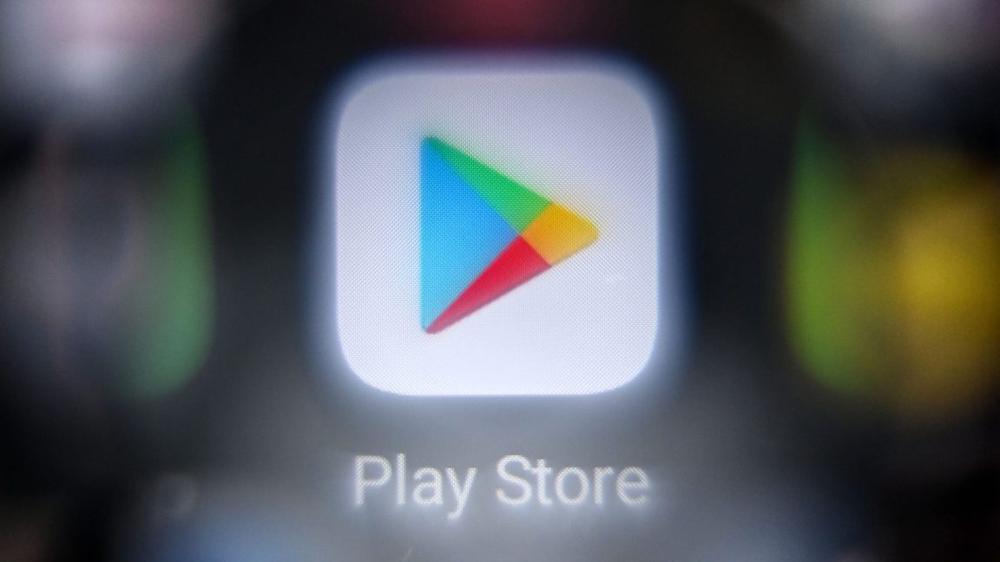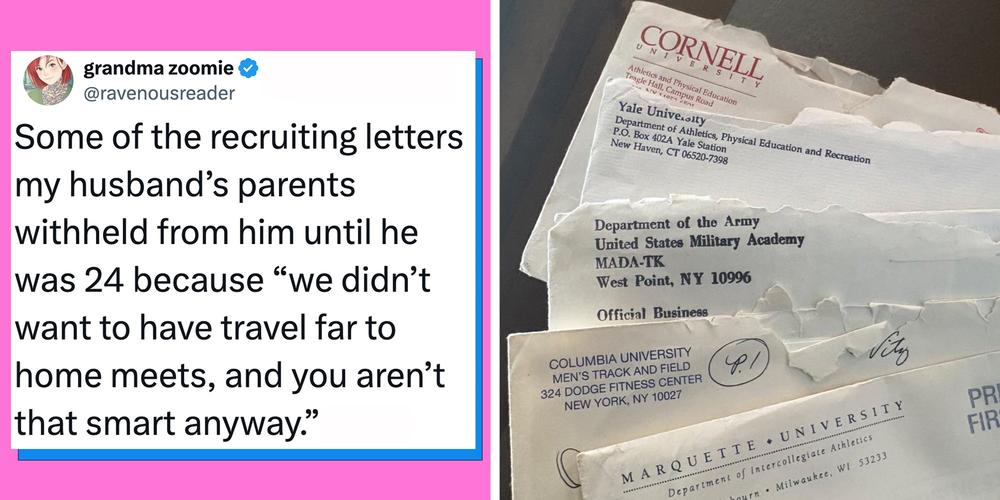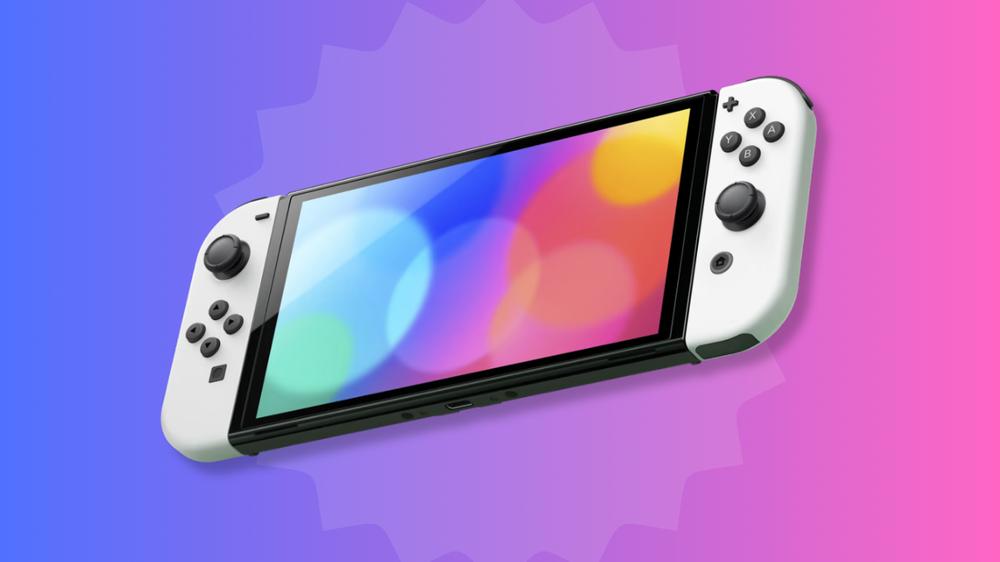Google has lost its appeal in the long-running app store antitrust case, which marks another major victory for Epic Games. Google lost the original case in 2023 when a jury found it abused its market position in smartphones to block competition from Epic and others. Google was able to get the penalties suspended while it pursued its appeal, but now it may need to make plans for a more open future on Android.
Since the dawn of the mobile app era, it was customary for both Apple and Google to take a sizable cut of developer revenue, but no one had the resources to challenge the status quo until Fortnite took off. The success of Epic's battle royale title gave it an opening to go after both Apple and Google in 2020. The developer added external payment options to the free-to-play game, causing it to be pulled from both stores. The lawsuit followed soon after.
Epic was unable to secure a victory against Apple, which has an undeniably more restrictive app store than Google. However, the 2023 trial overseen by US District Judge James Donato revealed a pattern of scheming on Google's part to prevent the distribution of alternative app stores on Android phones. While Android devices do allow sideloading of apps, and the platform is open source, Google's scale and partnerships with OEMs made it a de facto monopoly. This led the court to impose extensive remedies that could remake the mobile app ecosystem.
In appealing the case, Google asserted errors in the original trial. The company said the Play Store competes with Apple App Store, but it was not permitted to make that argument to the jury. It also objected to the use of a jury at all, arguing that Epic's lawsuit should have been decided by a judge alone. It also claimed the extensive remedies created by Donato were too expensive and essentially forced it to create new products and services.
The ruling, authored by Judge Margaret McKeown, affirms the jury's verdict and dismisses Google's objections. "The record was replete with evidence that Google’s anticompetitive conduct entrenched its dominance, causing the Play Store to benefit from network effects," wrote McKeown. "These remedies and their scope are supported by the record and the nature of the market, and we uphold them along with the liability verdict and the entire injunction."
A new era for apps
Google is running out of legal maneuvers to avoid rewriting the rules for Android apps. Having lost the appeal, Google appears poised to take the case to the US Supreme Court. However, there is no guarantee the high court will hear the case or rule in Google's favor if it does.
"This decision will significantly harm user safety, limit choice, and undermine the innovation that has always been central to the Android ecosystem," says Lee-Anne Mulholland, Google's VP of regulatory affairs. "Our top priority remains protecting our users and developers, and ensuring a secure platform as we continue our appeal."
Google was able to have Donato's 2024 order suspended while it pursued its appeal. Having notched another antitrust loss, the company may have to start implementing a sweeping list of changes. Google will need to stop requiring developers to use its Google Play billing system, opening up third-party payments that could earn developers more revenue. Google must also stop offering developers incentives for launching content exclusively on its platform for a period of three years.
The ruling also calls on Google to make some fundamental changes to how users find Android apps. It must make the full Google Play app catalog available for distribution on other app stores, but developers can opt out if they don't want their apps to be available more widely. Perhaps most devastating for Google, it will have to allow third-party app stores to be distributed within Google Play. Epic CEO Tim Sweeny celebrated the ruling, noting that it plans to release the Epic Games Store in Google Play soon.

 “I’d struggle to EVER forgive them”: Boomer backlash erupts after man learns his parents hid Ivy League offers…because they didn’t want to drive that far
“I’d struggle to EVER forgive them”: Boomer backlash erupts after man learns his parents hid Ivy League offers…because they didn’t want to drive that far